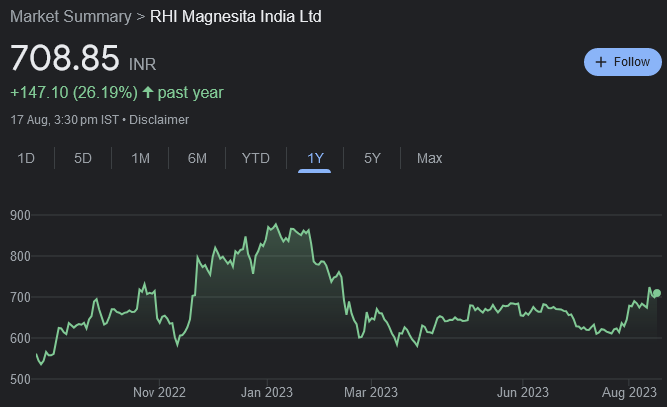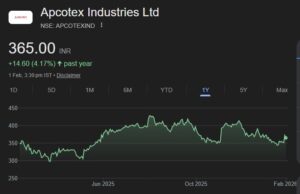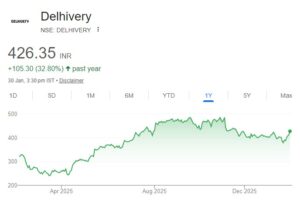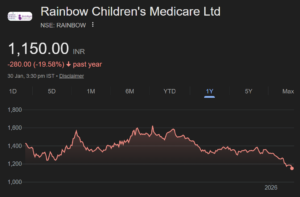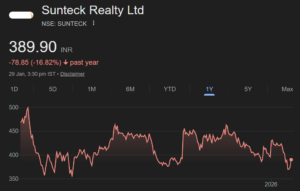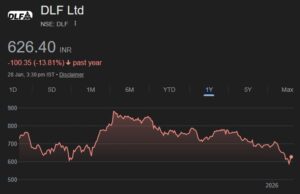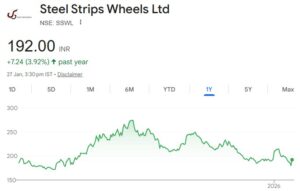
RHI Magnesita India (RHIM India) is a mid-cap company with a market capitalization of Rs 14600 crore. The free float is only Rs 4381 crore. The promoters, namely DUTCH US HOLDING BV, DUTCH BRASIL HOLDING B.V. and VRD AMERICAS B.V., hold 55.47 of the capital. The public holds 44.53%. Amongst the public, there are four Mutual Funds with a sizeable holding.
RHIM is the Indian subsidiary of RHI Magnesita (RHIM Global), a global leader in manufacturing & servicing of refractories with ~30% market share (ex-China).
Refractories are non-metallic material having very high melting points enabling its usage as an internal lining in furnaces, kilns or any other vessels in the Metal, Cement and Glass industries.
Saurabh has explained that the key investment thesis in RHI Magnesita India revolves around the following points:
• Highly critical nature of refractories: Even though refractory accounts for only 2-3% of the overall cost, without refractories the customer’s plants cannot commence production. Additionally, refractories go through general wear and tear and hence need to be replaced at regular intervals, which is a very tedious process and entails plant shutdowns which may take as long as a day. Given the low-cost but critical impact of refractories, a customer demands products with the highest quality and longest life, thereby reducing the downtime risks.
• RHI’s Quality and R&D focus: RHIM India’ leadership in the Indian refractory market is underpinned by its superior product quality. This superior product quality is a result of RHIM Global’s high focus on R&D (1700+ active patents) and ability to continuously come out with better quality products that have longer lives. Channel checks suggest that RHIM India is a dominant player in the refractory industry with 40%+ market share in the Basic Oxygen furnace + Laddle segments.
• Significant reinvestments by RHIM India in the recent years: In the last 5 years, RHIM India has been on an acquisition spree wherein it has added various flywheels and gained new capabilities. For instance, by merging all the subsidiaries of RHIM Global into RHIM India (listed entity), RHIM Global has aligned its interest with that of the minority shareholders. Similarly, the Dalmia acquisition has further fortified RHIM India’s moat through access to an extensive manufacturing base as well as facilitating entry into the Cement/Industrial and Blast Furnace refractory segments.
Shruti Gupta (B.Com, CS) of Stock Edge has explained the nuances of RHIM and how it has made a mark in the industrial sector. They have been a strong player in industrial consumables, which is also making a difference for others, she says.
